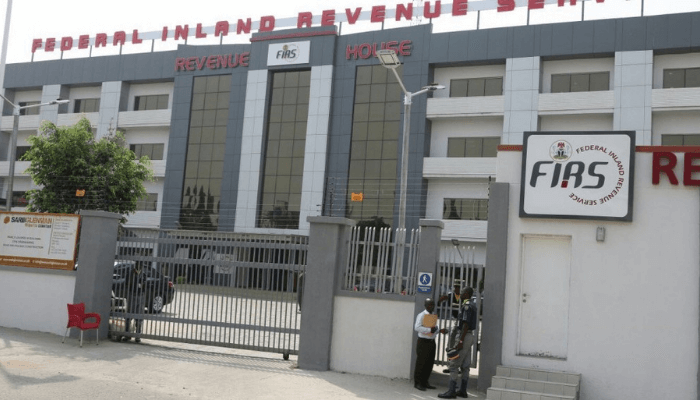The Federal Inland Revenue Service (FIRS) has highlighted the benefits of the ongoing tax reforms being rolled out to modernize Nigeria’s revenue system, improve compliance, and expand the tax base. The reforms, which align with the Federal Government’s push for fiscal sustainability, are part of a broader effort to reduce dependence on oil revenues while improving efficiency in tax administration.
According to FIRS, the reforms are designed to simplify the tax system, close revenue leakages, and enhance the ease of doing business in the country. One of the major gains identified is the automation of tax processes through technology, which allows businesses and individuals to file and pay taxes more easily. This digital transformation, the agency noted, has reduced paperwork, cut processing times, and curbed opportunities for corruption within the tax system.

The reforms also target a broader tax base by bringing more businesses, particularly those in the informal sector and digital economy, into the tax net. With Nigeria’s large population and growing number of small and medium-sized enterprises (SMEs), FIRS stressed that expanding tax coverage is crucial to generating sustainable revenue. By capturing untapped segments of the economy, the government hopes to boost internally generated revenue and reduce reliance on external borrowing.
Another notable gain is the increased collaboration between FIRS and other agencies such as the Economic and Financial Crimes Commission (EFCC), the Nigerian Customs Service, and the Corporate Affairs Commission. These partnerships enable better data sharing and enforcement of tax compliance, making it more difficult for individuals and corporations to evade taxes. Such coordination also helps to identify fraudulent practices, improve transparency, and strengthen accountability.
The reforms further aim to provide a more equitable tax system by ensuring that the burden of taxation is fairly distributed. FIRS explained that high-net-worth individuals and multinational companies, who often exploit loopholes to avoid paying their fair share, will be more effectively monitored under the new system. This aligns with global best practices in tax justice, where wealthier segments of the society contribute proportionately to national development.
For businesses, the reforms are expected to improve predictability and clarity in tax policies. With simplified tax codes and clearer guidelines, businesses can plan better and avoid the uncertainty that comes with frequent policy changes. This is particularly important for foreign investors, many of whom have previously cited Nigeria’s complex tax environment as a deterrent to investment. By streamlining the system, the government hopes to create a more business-friendly environment that will attract foreign direct investment.
FIRS also emphasized that improved revenue mobilization from these reforms will enable the government to finance critical infrastructure, healthcare, education, and social welfare programs. This, in turn, is expected to foster inclusive growth and improve the living standards of Nigerians. Given the fiscal pressures caused by fluctuating oil prices, the reforms are seen as a sustainable pathway to achieving long-term economic stability.
Recent government data show that tax collections have already seen a significant uptick in the first half of 2025, largely attributed to the implementation of these reforms. Non-oil taxes such as Value Added Tax (VAT), Company Income Tax (CIT), and Customs duties have recorded stronger performances, signaling that Nigeria is beginning to diversify its revenue sources more effectively.
However, while the gains are evident, challenges remain. Some taxpayers have expressed concerns about the learning curve associated with new digital platforms, while others argue that frequent changes in tax laws may create uncertainty if not properly communicated. To address these issues, FIRS has begun organizing sensitization campaigns and training programs to educate taxpayers and encourage voluntary compliance.
Analysts believe that if effectively implemented, the new tax reforms could reduce Nigeria’s fiscal deficit, stabilize the economy, and place the country on a path to sustainable growth. They also note that transparency and accountability in the use of tax revenues will be critical to building public trust and sustaining compliance.
In the broader context, Nigeria’s reforms mirror global shifts in tax administration, where countries are increasingly leveraging technology, enforcing compliance in the digital economy, and seeking fairer tax practices. With these reforms, FIRS is positioning Nigeria to align with international standards while addressing its unique domestic challenges.
Ultimately, the success of these reforms will depend on consistent implementation, strong political will, and continuous engagement with stakeholders. If sustained, they could mark a turning point in Nigeria’s fiscal trajectory, providing the government with the resources needed to fund development and reduce reliance on volatile oil revenues.
Support InfoStride News' Credible Journalism: Only credible journalism can guarantee a fair, accountable and transparent society, including democracy and government. It involves a lot of efforts and money. We need your support. Click here to Donate
